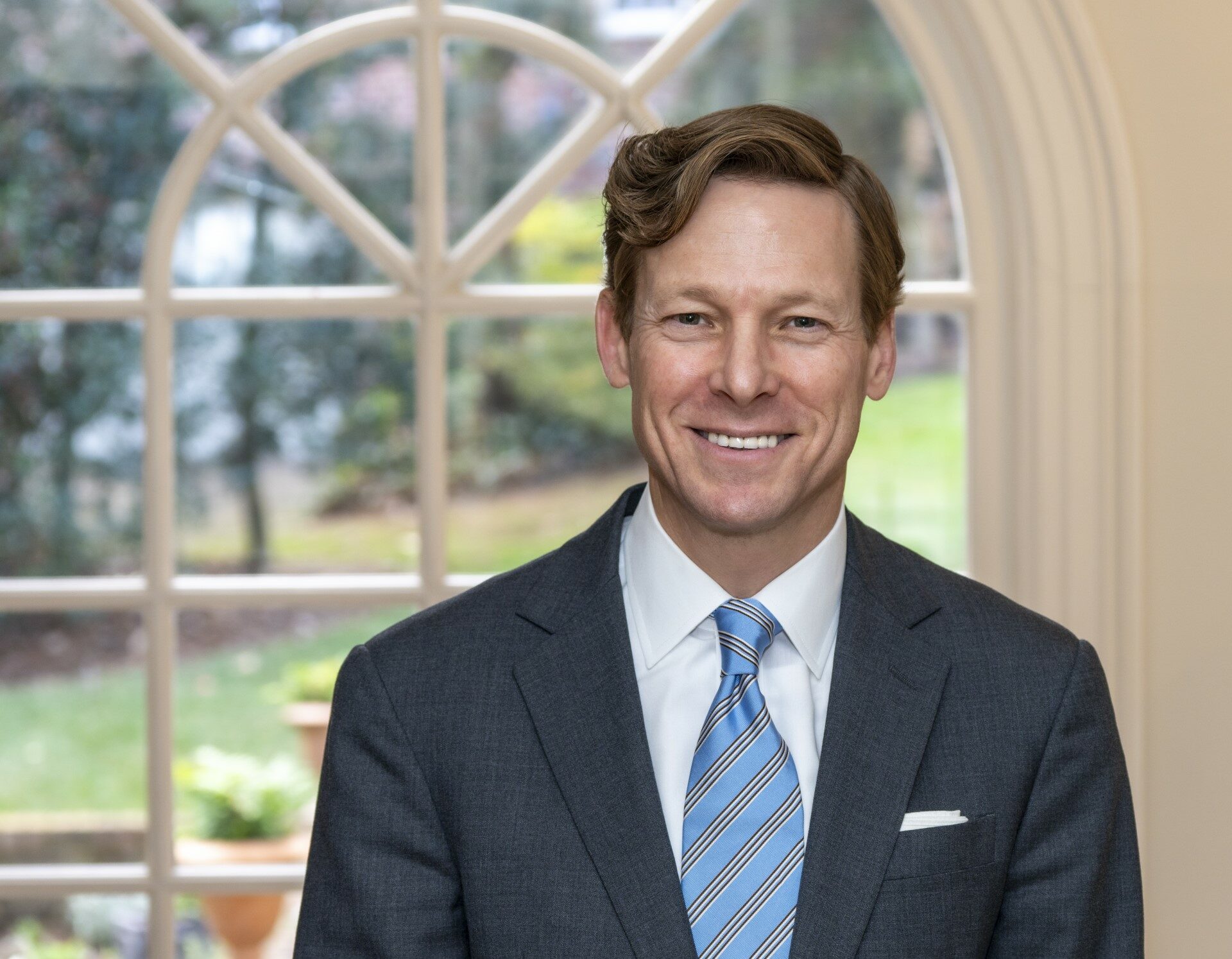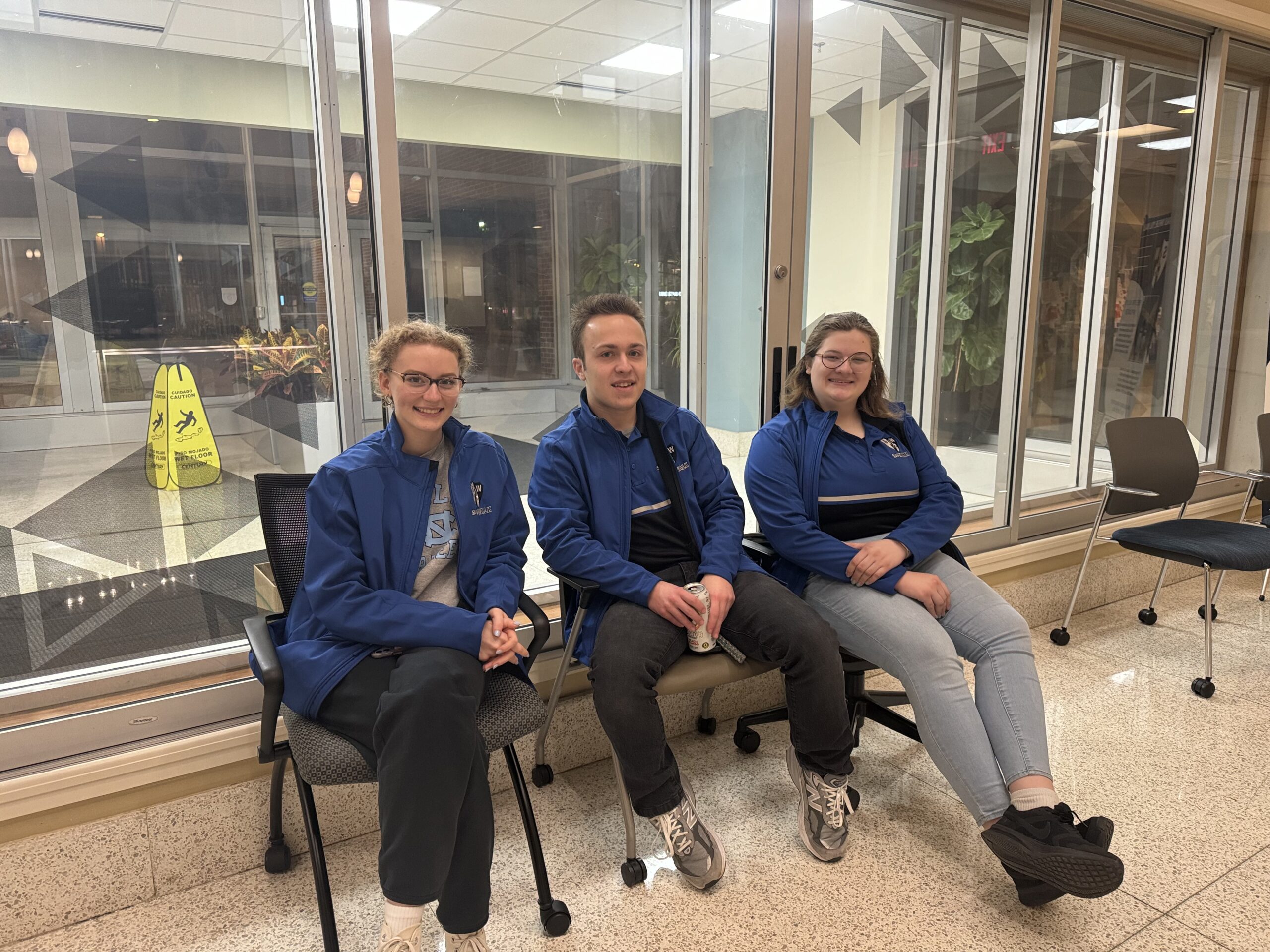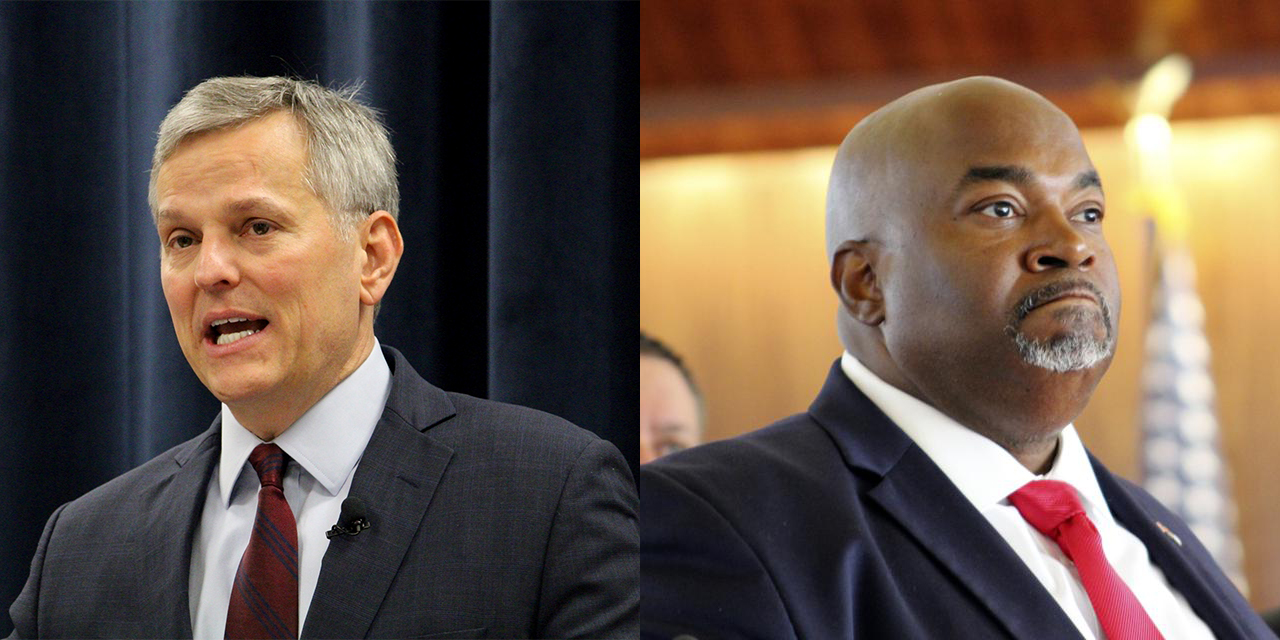The UNC Parr Center for Ethics held a forum Tuesday to discuss the recent anger and fear expressed towards Muslims in America. The room was full with students, professors and community members. Some had to stand in the back because there weren’t enough seats.
The panelists included UNC professors Charlie Kurzman, Tim Marr and Juliane Hammer. Author and attorney Melody Moezzi also acted as a panelist.
The discussion began with a breakdown of different statistics. Last year, there were a little over 16,000 homicides in America. Kurzman says Islamic Extremism accounts for a very tiny part of any of the violence committed in the United States.
“The fear that exists out there, Islamophobia and negative attitudes, are not based on a real threat.”
Moezzi says a bigger number to consider is the number of suicides in the United States last year – over 40,000. She says this should be taken into consideration with the different stigmas associated with Islam.
“The kind of hostility that you face as a Muslim in America every single day is something that will affect your mental health and does it in a way that we don’t acknowledge.”
She says she’s often made to feel uncomfortable and unwelcome.
“It affects me every single time I see an alert on my phone about—it’s almost as if it says you do not belong here. It may as well say—whatever it says, one new thing that Donald Trump has said or one new crime that was committed against a Muslim.”
Hammer says her kids experience that same feeling in school with the ways their peers treat them.
“I have two children in the public school system here, around here somewhere in an unnamed school, and their experiences are terrifying.”
Moezzi says a way to work against this mindset is to become educated on what different Islamic and Arabic terms really mean.
“My biggest problem, and I’m a member of the media so with the media in particular the mainstream media, is how they accept the terrorist definition of everything.”
Hammer says one of the ways to combat this is to stop thinking about and referring to Islam as if it’s a single entity.
“There’s no such thing as ‘Islam says women should be silent.’ Islam doesn’t say anything. I was telling my students earlier today, ‘you can’t take Islam to lunch. It’s not a person.’”
UNC assembled the forum because of recent events, such as the terrorist shooting in a Florida night club in June and because of language used to describe Muslims in the presidential campaign.







Comments on Chapelboro are moderated according to our Community Guidelines